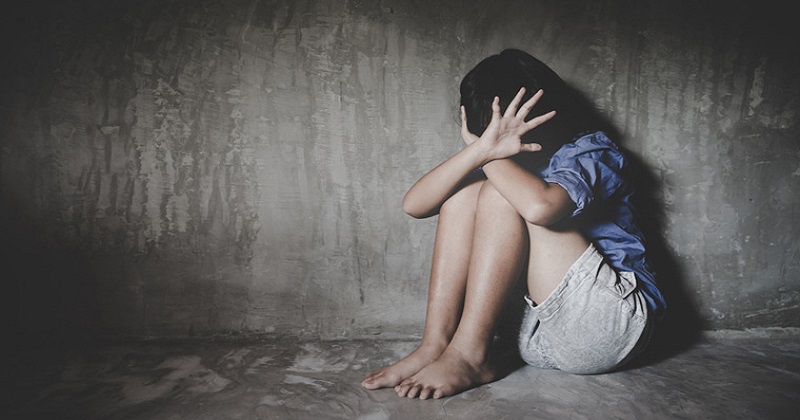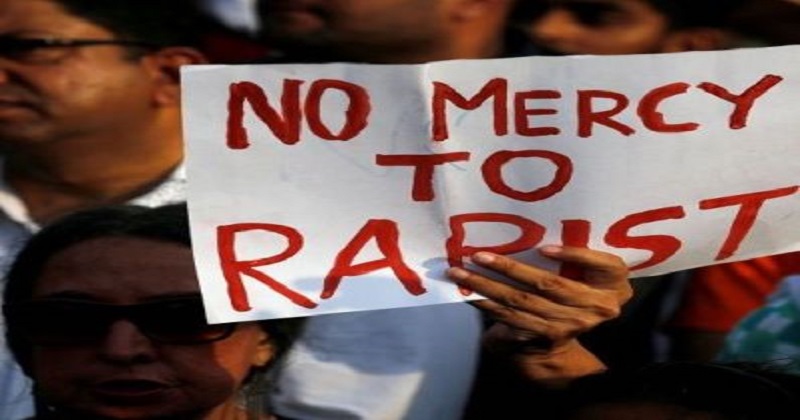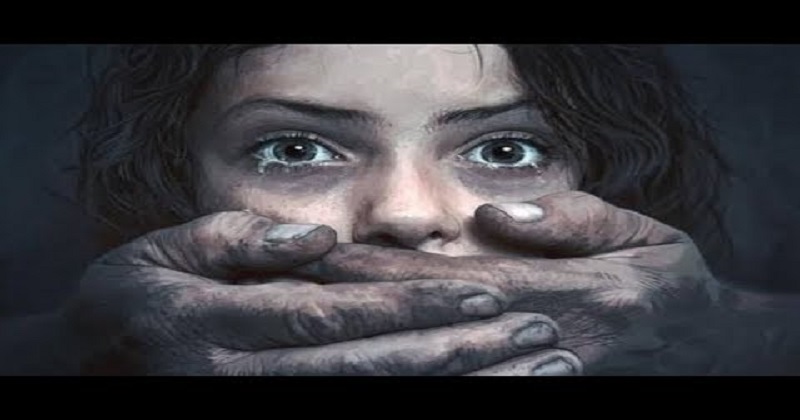
A number of rape cases in India in the past few months have put a spotlight on the issue of gender-based attacks in the country. Rape is the fourth most common crime against women in India.

India has been characterised as one of the “countries with the lowest rates of rape”. Many rapes go unreported in various countries including India. The willingness to report the rape has increased in recent years, after several incidents of rape received widespread media attention and triggered public protest. This led the Government of India to reform its penal code for crimes of rape and sexual assault.
India, has been dubbed “the most dangerous country for women” by many human rights activists. But why is India so prone to gender-based crimes? Some researchers say the rape problem in India is not just a legal issue, as one cannot ignore its social aspect. Experts point out that violence against girls and women usually takes place in their immediate surroundings, a family member, a relative, a person trusted with care and safekeeping of the child or a neighbour.

According to NCRB 2015 statistics, Madhya Pradesh has the highest raw number of rape reports among Indian states, while Jodhpur in Rajasthan has the highest per capita rate of rape reports in cities followed by Delhi, the capital city.
Repeated rape cases have angered many Indians. Some are now demanding the capital punishment for rapists. And there have also been calls for authorities to publicly hang the culprits. On December 6, the police shot all four accused of Hyderabad rape case in an alleged extra-judicial killing. Many Indians lauded the police officers for dispensing “justice.” Videos on social media showed women in Hyderabad city sharing sweets and celebrating the killings. People often say a tough law can bring about change.

Punishment for rape is given in section 376 of Indian Penal Code. Except in cases, provided in sub section 2 of the same section, punishment will be rigorous imprisonment which is not less than 7years, which may extend to life imprisonment, and fine.
Different countries enact the punishment of rate differently. To mention here are some:
- India-Life imprisonment to death sentence
- France-Imprisonment from 15 years to life
- China-Death sentence or castration
- Saudi Arabia- Beheading within days
- North Korea-Death by firing
- Afghanistan-Shot in the head or hanged
- Egypt-Death by hanging
- Iran- Hanged to death
- Israel-Imprisonment from 16 years to life
- USA-Imprisonment for life
- Russia- 3-20 years imprisonment
- Norway-4-15 years imprisonment
- Greece- Rapist is punished with incarceration
Capital Punishment is currently practiced in 58 countries. In India, validity of Capital Punishment has been questioned several times.

The issues of sexual and domestic violence within marriage and the family unit, and more specifically, the issue of violence against women. The executive order also increased the minimum punishment for female rape from seven years in prison to 10 years, extendable up to life imprisonment, and introduced measures to speed up court proceedings in rape cases. Section 375 of the Indian Penal Code (IPC) considers the marital rape as a crime only when the wife is below age 15. Thus, marital rape is not a criminal offense under the IPC. Marital rape victims have to take recourse to the Protection of Women from Domestic Violence Act 2005 (PWDVA).

Post Your Comments